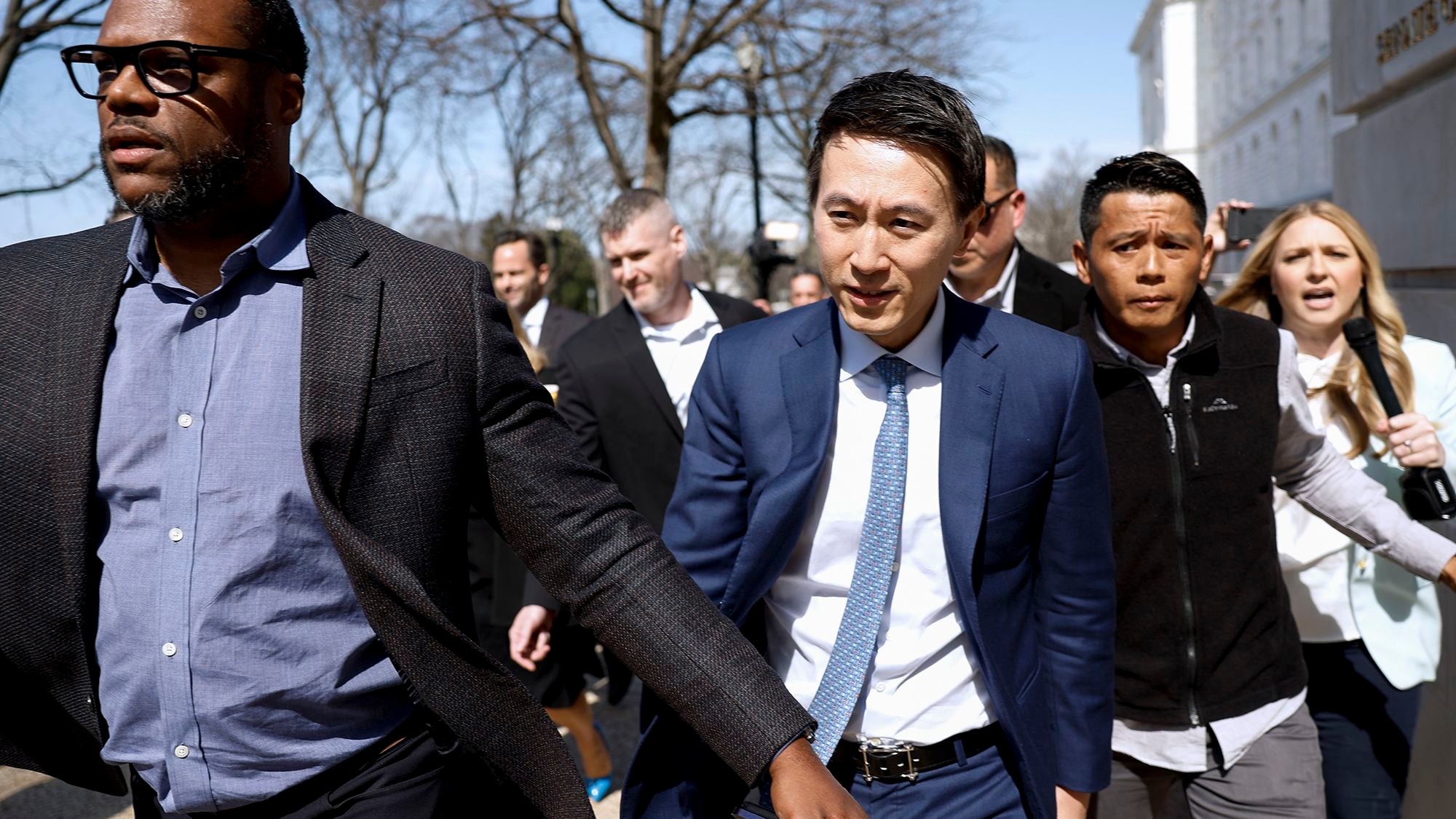
In a high-stakes development, TikTok CEO Shou Zi Chew met with President-elect Donald Trump at Mar-a-Lago on Monday, the same day the social media company petitioned the Supreme Court to prevent a potential nationwide ban.
The meeting comes as TikTok faces a January 19 deadline under a new law that would force its Chinese parent company ByteDance to sell the platform or risk being blocked from U.S. app stores. The law, known as the Protecting Americans from Foreign Adversary Controlled Applications Act, was signed by President Joe Biden earlier this year.
In their Supreme Court filing, TikTok's attorneys argued the law represents an unprecedented restriction on free speech, noting the platform serves as "one of the Nation's most popular and important venues for communication" with 170 million American users.
The company warned that a ban would have major economic consequences, with small businesses potentially losing over $1 billion in revenue and content creators facing nearly $300 million in lost earnings within just one month.
Trump, who previously attempted to ban TikTok during his first term but has since shifted his stance, expressed warmth toward the platform on Monday. "I have a warm spot in my heart for TikTok," he told reporters, citing his performance among young voters in the recent election.
The legal battle intensified after the U.S. Court of Appeals in Washington, D.C. upheld the law, citing national security concerns raised by Congress about potential Chinese government influence over the app. The appeals court's ruling prompted TikTok's emergency request to the Supreme Court, asking for intervention by January 6.
The case has drawn support from civil liberties groups, who have joined the fight citing First Amendment concerns. Individual TikTok users and Based Politics Inc., a conservative organization, have also filed separate legal challenges, arguing the ban would devastate their ability to communicate and maintain their livelihoods on the platform.
If the Supreme Court doesn't intervene, the ban would take effect just one day before Trump's presidential inauguration, potentially reshaping the American social media landscape and affecting millions of users nationwide.